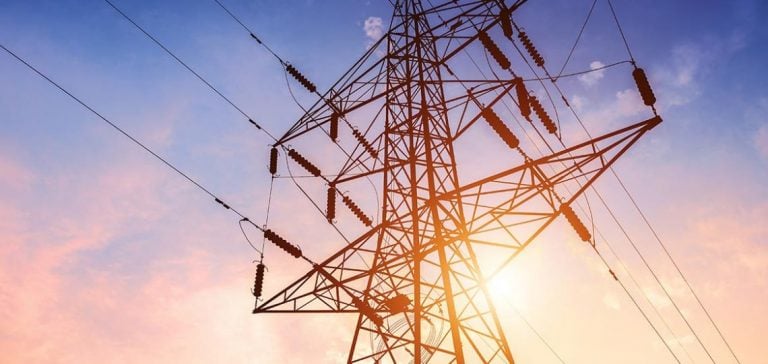The possibility of a new tax on electricity generation facilities is causing growing concern within the French energy sector.
The French Electricity Union (UFE) recently voiced its opposition to this measure, which could have significant repercussions on the profitability and attractiveness of investments in decarbonized energies.
In a letter to the Prime Minister, UFE President Christine Goubet-Milhaud points out that taxing electricity production, even decarbonized production, would be counterproductive both for the purchasing power of the French and for efforts to combat climate change.
A controversial tax on inframarginal annuities
The proposal to introduce a “contribution sur les rentes inframarginales” (Crim) has been raised by the resigning Minister of the Economy, Bruno Le Maire.
This tax would target electricity generation facilities exceeding 260 megawatts, including sources such as nuclear, hydro, wind and gas.
The revenue generated by this tax, which reached 400 million euros in 2022 and is expected to reach 100 million euros in 2024, comes mainly from the profits made by electricity producers due to soaring energy prices, exacerbated by the war in Ukraine.
Industry players are expressing concern about the impact of this tax on investment decisions.
One unnamed energy company says: “It’s the very definition of a tax that’s wrong, a narrow-based, high-rate production tax that will distort investment decisions in a sector that needs to invest.”
This view is shared by other industry professionals, who fear that the measure will send a negative signal in terms of energy transition.
Implications for the energy transition
Implementing such a tax could have adverse consequences for the momentum of investment in renewable and low-carbon energies.
Christine Goubet-Milhaud warns against the effects of such a decision, asserting that the national and European energy system is at a crucial turning point.
She insists that short-term decisions, without taking structural issues into account, could compromise the country’s energy sovereignty and independence.
Agnès Pannier-Runacher, former Minister for Energy Transition, also criticized the initiative, pointing out that it could damage a fully state-owned company.
She questions the point of such a tax, declaring, “It’s a tax on decarbonized energy (…) what good does it do in relation to the climate?”
This question highlights the paradox of a tax that could hinder decarbonization efforts while seeking to generate revenue for the state.
A call for stability and visibility
In its letter, UFE calls for greater visibility and stability for the electricity sector.
Industry players want favorable conditions that encourage innovation and investment in green technologies.
The need for a clear and predictable regulatory framework is essential to ensure investor confidence and support the energy transition.
The concerns raised by UFE and other industry players highlight the complexity of the issues surrounding energy taxation.
While the need to finance the energy transition is undeniable, the methods chosen to achieve it must be carefully evaluated to avoid undesirable effects on the energy system as a whole.
Discussions surrounding this tax illustrate the tensions between the need for public funding and the imperatives of the energy transition.
Industry players continue to advocate solutions that promote both economic and environmental sustainability, while preserving the competitiveness of the French electricity industry.






















